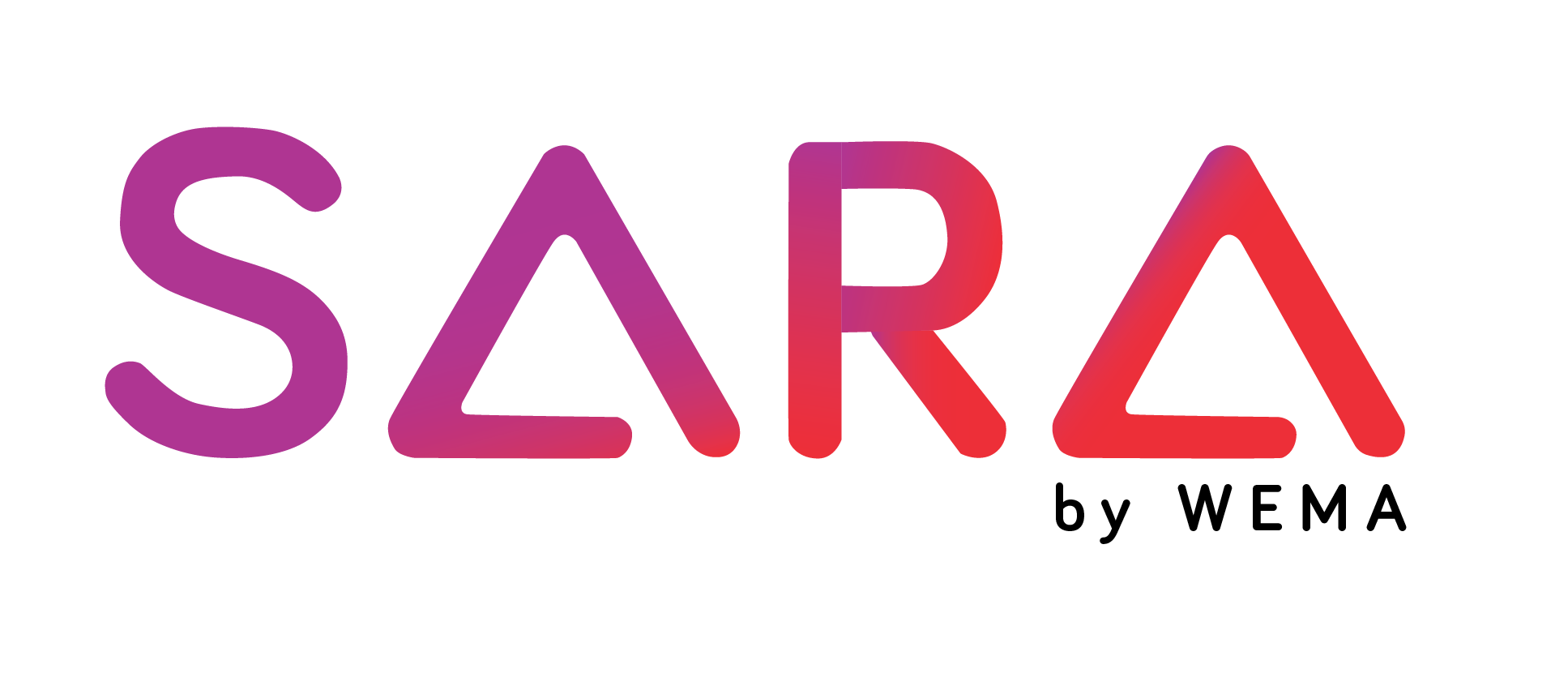Sometimes the best thing you can do to keep going is to stop

I recently started building the habit of ending each workday with a review of the day. Basically to check in with myself — how I’m feeling…stuff I got done, stuff I left untouched, and sometimes, things I feel like I could have done better. This last bit is still a bit touch-and-go for me because my objective is awareness and attention, not endless assessment, something I have written about elsewhere.
In the short time I have practiced this, it struck me as strange that it quickly became my signal for shutting down my workday. Like the very moment I’m done with the process, my brain sends a signal to the rest of my body that it can switch off. But it begs the question: why do I need to switch off? And why is it so hard as to require its own practice and ritual?
To answer the latter first, modern work demands that we are permanently switched on. It is a measure of our dedication and loyalty. It is even sometimes the foundation of our identity. Technology has liberated us from our desks but chained us even closer to work. We can carry it everywhere with us! And where we do try to buck this trend, we usually resort to extremes. Overconsumption — alcohol, food, drugs, entertainment of all kinds. TGIF itself is sometimes on steroids!
Modern work demands that we are permanently switched on. It is a measure of our dedication and loyalty.
Suzy M
To the former question about why we need to switch off — very few things, if any, in the universe are always on. Nature teaches us about rhythms and seasons. Day and night, winter and spring. The various religions teach us about the sabbath, and mindfulness which is basically stopping everything else to be here, now. We were simply not designed to go, go, go! Even the Energizer Bunny eventually dies out. It simply isn’t sustainable.

So what do we do?
Admittedly, this has become harder in the post-pandemic work-from-home world. But with the ever-growing body of insights from research linking stress (and specifically occupational stress*) to chronic physical and mental illness, we’d be wrong not to try.
In my next post, I’ll talk about stuff I’m trying…in addition to daily reviews.
* Links
https://www.apa.org/topics/stress/health
https://www.ncbi.nlm.nih.gov/pmc/articles/PMC5137920/
https://www.ncbi.nlm.nih.gov/pmc/articles/PMC3341916/pdf/mjms-15-4-009.pdf
This article was written by Suzy M
